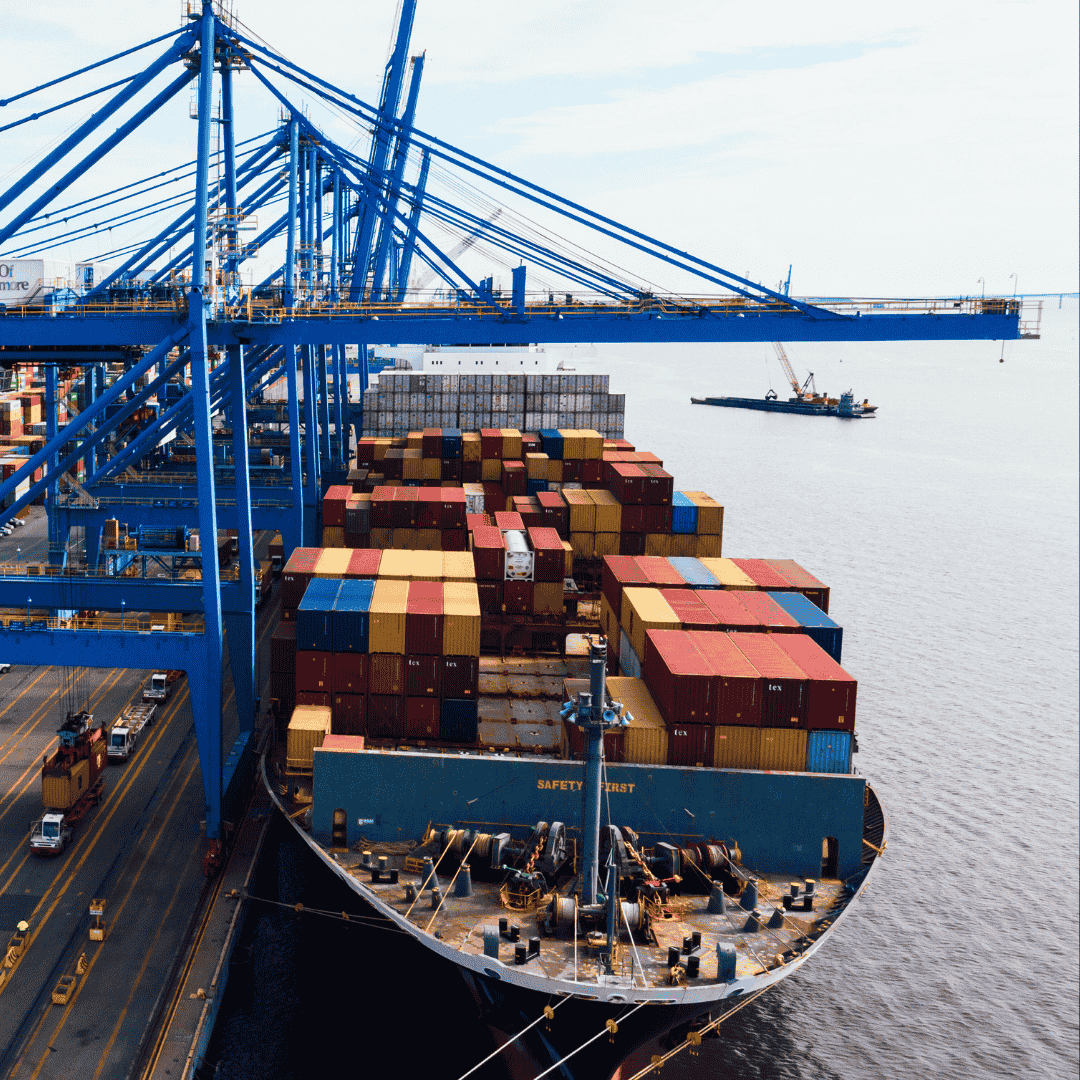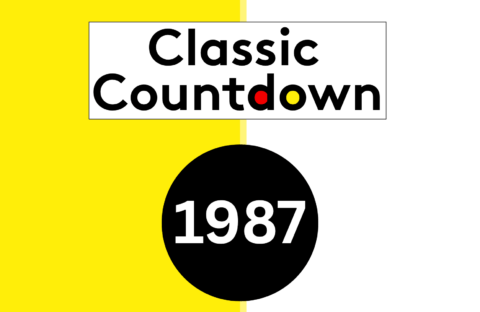
Africa’s arc of opportunity: Turning trade chaos into financial gain
Africa’s arc of opportunity: Turning trade chaos into financial gain
Africa’s arc of opportunity: Turning trade chaos into financial gain
As trade wars heat up and global alliances shift, Africa may be sitting in the sweet spot. Yes, really.
While rising tariffs and geopolitical tensions between the U.S., China, and Europe are causing headaches for global markets, they’re also opening new doors. And if you’re someone trying to protect your investments—or looking for smart growth opportunities—this might be your moment.
Speaking on HOT Business with Jeremy Maggs, Chief Economist at Standard Bank, Goolam Ballim, says Africa is facing less of a crisis and more of a crossroads.
“It’s not about whether Africa will be impacted,” he explains. “It’s about how we respond—and whether we can pivot quickly enough to seize the opportunity.”
So what’s changed?

🔸 Interest rates have dropped, not risen. That means borrowing and investing are still very doable.
🔸 Commodity prices are holding firm—and expected to rise by up to 20% over the next two years.
🔸 Inflation is falling across many African economies, giving central banks the wiggle room to cut rates and boost growth.
That’s good news for your wallet, your investments, and your long-term financial planning.
But here’s the real kicker: South African exporters are starting to get orders from markets like the Middle East and Asia—markets that would’ve previously bought from the U.S. or Europe. Ballim calls this the “arc of opportunity”—a growing trade corridor from Cape Town to the Far East, driven by shifting alliances and a hunger for new suppliers.
And it’s not just agri or mining exports. Even car manufacturers are being courted to fill gaps left by U.S. suppliers in global markets.
But the landscape is complex. Some exporters, like Mercedes-Benz SA (which sends 90% of its cars to the U.S.), are more exposed. That’s why Ballim urges businesses and investors to diversify, stay agile, and engage across markets.
He also backs a move to lower South Africa’s inflation target from 6% to around 3%. While this may sound technical, it actually provides certainty—something investors love. And with inflation already hovering around 3%, there’s a chance to lock in long-term stability without sacrificing growth.
The bottom line? The world is changing. And for investors who are alert, informed, and willing to look beyond the West, Africa is offering something rare: potential.
Listen to the full interview on HOT Business with Jeremy Maggs:

Read more from Hot FM
More Posts for Show: HOT Business with Jeremy Maggs








